It’s Bisexual Health Awareness Month 2022
So, how many of you were aware that every March, it is Bisexual Health Awareness Month???
It started in the US in 2012 and is fast becoming a growing global movement to raise awareness about the social, economic and health inequalities that are prevalent in the bi community. It looks to improve the resources available to bi people, their support organisations and generate real actions that can improve bi community well-being.
Let’s be clear though, what do we all mean by bisexuality?
Bisexuality, or Bi is the B in LGBT+ and is a term used to describe the romantic and/or sexual attraction a person may feel towards two or more genders. It can be used as an umbrella term to refer to people who identify as Bisexual, Pansexual, Queer, Omnisexual, and Polysexual identities.
In this blog, we look at three things that we should be aware of that relate to bisexual health in the UK:
Mental Health - In 2019, the mental health charity Mind published the story about Jonathan Andrews, a solicitor from London. He speaks openly about his own younger day struggles trying to come to terms with his bisexuality. He also found it hard to deal with other people’s interpretation that he was just ‘confused’, or when they fedback that ‘it was just a phase he was going through’. Sadly, he kept his bi-identity secret from everyone at first, except from his very closest friends and family. This secrecy weighed heavily on his mental health over many years leading to anxiety and an impact on his relationships.
Photo of Jonathan Andrews
Maybe his story resonate’s with you? You can read more here: Bisexuality and mental health - Mind
Access to Judgement Free Healthcare - Stonewall conducted research a few years ago with YouGov to delve into the health and social care system in the UK and determine how well it supported LGBT+ people.
Alarmingly it found that 1 in 4 of patient-facing staff had heard their colleagues make negative remarks about lesbian, gay or bisexual people, or even use discriminatory language whilst at work.
1 in 20 patient-facing staff had witnessed other colleagues either discriminate against, or provide a patient or service user with poorer treatment because they were lesbian, gay or bisexual. 1 in 4 lesbian, gay and bisexual identifying staff also said they have personally experienced bullying or poor treatment from colleagues as a result of their sexual orientation.
These experiences are unacceptable and go to show that not everything is free and equal in our healthcare systems, which must be addressed as a priority by the Government and healthcare organisations.
Read more about Stonewall’s Unhealth Attitudes Report here: Unhealthy Attitudes - final x7 (stonewall.org.uk)
Getting Older – We may not try to think of it too much but we are all getting older, aren’t we? Ageing within the LGBT+ community can be much more complex however as they are more likely to face it alone, or without as much personal support as heterosexuals. Whilst it’s a bit dated now, in 2011, Stonewall did a survey of LGB people over 55 and found:
Gay and bisexual men were three times more likely to be single than heterosexual men
Only 25% gay and bisexual men and lesbian and bisexual women had children, compared to 90% of heterosexual men and women
As an age group they were less likely to see biological family members on a regular basis.
With age, comes added anxiety across a range of issues including future care needs, independence mobility, mental health and housing. Crucially, 50% of LGB people over 55 felt their sexual orientation had, or would have a negative impact on them as they get older, with many feeling they would not be comfortable living their truth and coming out to care home or housing staff, which in our eyes is an unacceptable future for LGB people.
Read more about Stonewall’s LGB People Later in Life Report: older people report smaller font_A4 report (stonewall.org.uk)
Further Support
If any of the subjects we have covered as part of Bisexual Health Awareness Month are relatable, please check out the Basildon Pride Support Directory for help and support: Support Directory — Basildon Pride®



